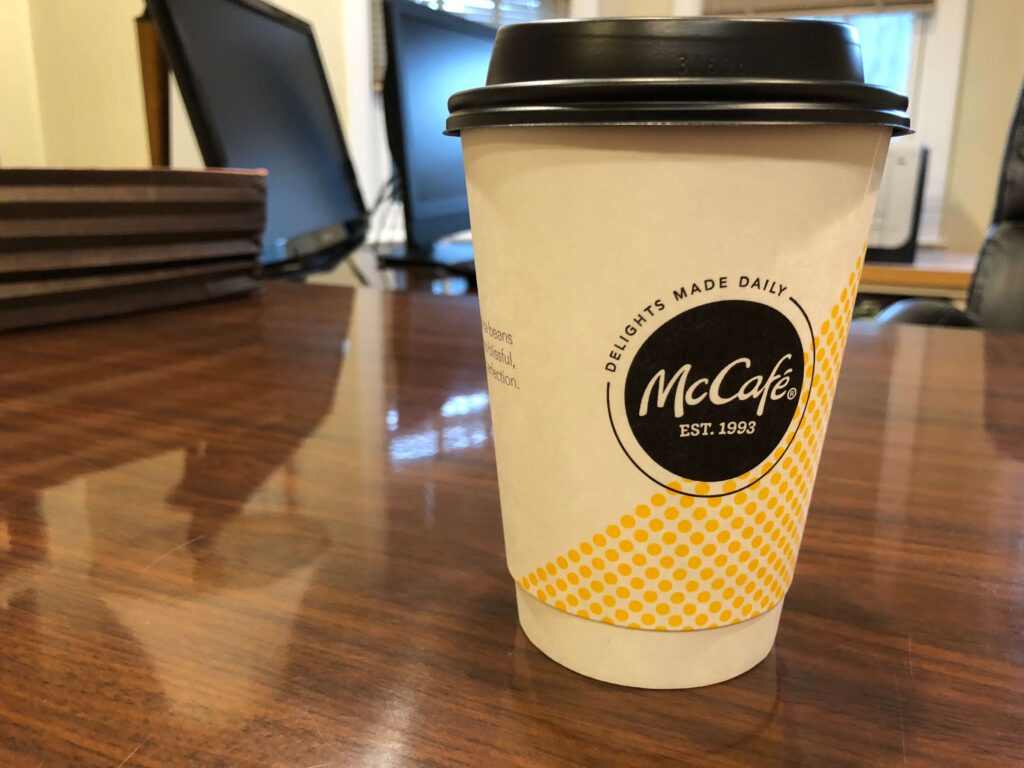
Introduction
Most of us have heard about the infamous McDonald's hot coffee court case. It has become a popular example of frivolous lawsuits in the United States. However, there is more to the story than just a woman suing a fast-food giant for spilling hot coffee on herself. In this article, we will delve into the details of the case and separate the facts from the myths.
The Incident
In 1992, Stella Liebeck, a 79-year-old woman, ordered a cup of coffee at a McDonald's drive-thru in Albuquerque, New Mexico. After receiving the coffee, she parked her car and attempted to add cream and sugar to it. As she lifted the lid of the cup, the entire contents spilled onto her lap, causing third-degree burns. Liebeck was hospitalized for eight days and underwent skin grafting.

The Lawsuit
Liebeck sued McDonald's for negligence, claiming that the coffee was too hot and caused her injuries. She initially requested $20,000 to cover her medical expenses and lost income. However, McDonald's offered only $800, so she decided to take the case to court.
The Verdict
The jury found McDonald's liable for Liebeck's injuries and awarded her $200,000 in compensatory damages. However, the amount was reduced to $160,000 because the jury found her 20% at fault for the incident. Additionally, the jury awarded $2.7 million in punitive damages, which was later reduced to $480,000.

The Aftermath
The case became widely publicized and sparked debates about frivolous lawsuits and the responsibilities of corporations. McDonald's faced a lot of criticism for serving coffee at such high temperatures, and they eventually lowered the temperature by 10 degrees.
The Truth Behind the Myths
Despite what many people believe, Liebeck did not receive millions of dollars in the lawsuit. The punitive damages were reduced significantly, and she ultimately received less than $600,000. Additionally, she never intended to make a quick buck from the incident. She simply wanted McDonald's to take responsibility for its negligence and cover her medical expenses.
Conclusion
The McDonald's hot coffee court case is often misunderstood and misrepresented. It was not a frivolous lawsuit or an attempt to get rich quick. It was a legitimate case of negligence on the part of a corporation that caused serious harm to a customer. By understanding the true story behind the case, we can learn important lessons about corporate responsibility and consumer rights.